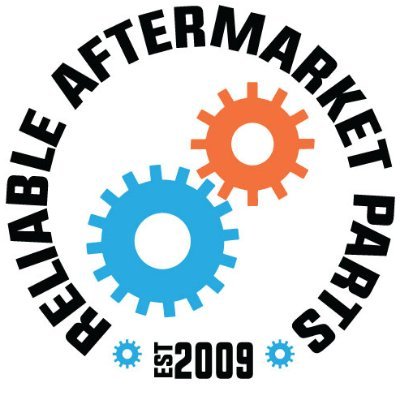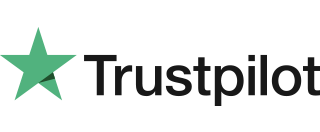Future of Work | Strategy
Why Hiring a VA is the Most Practical Way to Scale in 2025
The start of a new business year always brings discussions about scaling, efficiency, and smart investment. In 2025, hiring a Virtual Assistant (VA) is the most practical and strategic approach to achieving sustainable, profitable growth.
For modern entrepreneurs and growing teams, the traditional hiring model—expensive, slow, and rigid—no longer meets the demands of a fast-paced, fluid global market. The choice for strategic resourcing has never been clearer.
1. The Financial Logic of Fractional Support
The most compelling argument for a VA is the stark difference in overhead. A full-time, in-house employee comes with significant costs beyond salary: benefits, insurance, payroll taxes, physical office space, and expensive training cycles.
A Virtual Assistant offers fractional support, meaning you pay only for the productive hours you need. This fundamentally changes the cost-to-value equation. You can access high-level, specialized expertise—from digital marketing support to complex administrative management—without the financial and legal burdens of an expansion. This allows early-stage companies to leverage senior talent typically reserved for larger budgets.
2. Speed to Productivity: Immediate ROI
In the age of instant results, time spent on recruitment and training is a competitive disadvantage. When you hire a professional VA through a consultancy like 21st, you gain immediate, plug-and-play productivity.
A dedicated Virtual Assistant is already versed in the latest tools, remote communication protocols, and best-in-class workflows. They require minimal onboarding and can begin tackling critical tasks—managing inboxes, scheduling, data entry, and project coordination—on day one. This accelerated time-to-value means your investment begins generating a return much faster than traditional hiring.
3. Reclaiming the CEO’s Strategic Focus
The number one bottleneck in a growing business is often the founder or CEO. When high-value, strategic leaders are buried in tactical, repeatable tasks, scaling stalls.
A VA acts as a gatekeeper and executor, liberating up to 10-15 hours per week of executive time. This reclaimed bandwidth isn't just "free time"—it’s time that can be reinvested into core, high-leverage activities like:
- Developing new products or services.
- Nurturing key client relationships.
- Future-proofing strategic roadmaps.
By delegating the day-to-day operations, the leadership team can return to the visionary work that drives the company forward.
4. Agility and Future-Proofing in the AI Era
The rapid deployment of AI tools means that the nature of administrative work is changing faster than ever. A key advantage of VAs in 2025 is their inherent flexibility and adaptability.
Instead of fearing AI displacement, modern VAs are integrating these tools to become even more powerful. They utilize AI-powered scheduling, sophisticated data analysis tools, and automated communication platforms. A virtual assistant today is not just performing tasks; they are acting as a technology integrator, ensuring your business stays lean, efficient, and technologically current without requiring you to manage every software update yourself. This agility allows your support to scale up or down based on seasonal demands or project cycles, ensuring optimal resource allocation at all times.
Conclusion: The New Standard for Smart Growth
The shift to virtual assistance is less about outsourcing and more about strategic resourcing. In 2025, the most practical path to scaling involves maximizing the efficiency of every dollar and every hour. By choosing fractional, expert, and flexible virtual support, your consultancy is choosing to prioritize high-value work and sustainable growth. It's the standard for the modern, agile enterprise.












